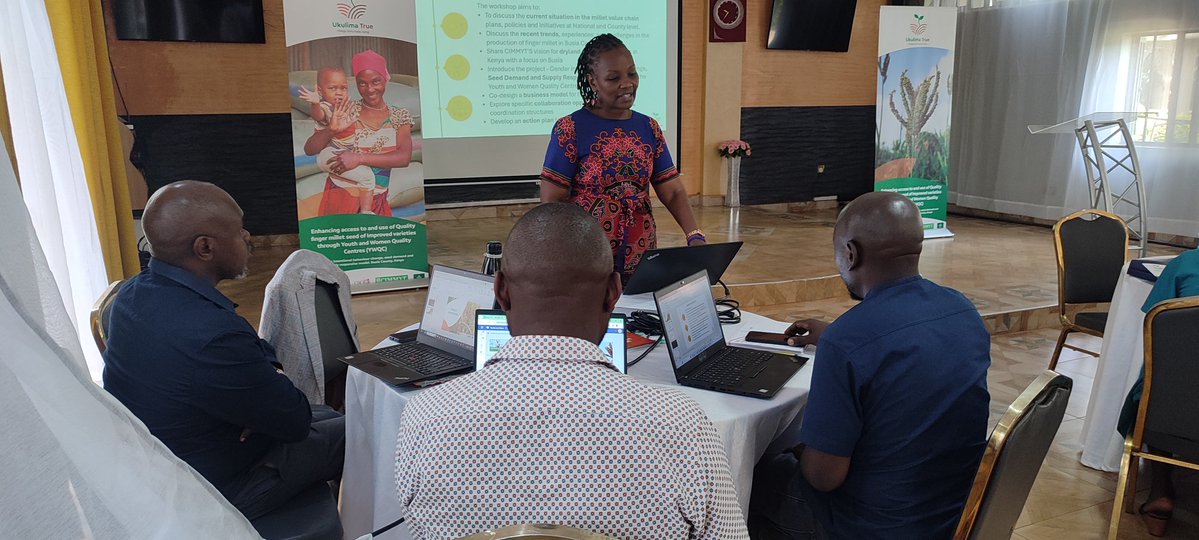Different stakeholders in Garissa have embarked on a campaign aimed at addressing and raising awareness on the various abuses meted on children.
The campaign that is being spearheaded by the Centre for Behavior Change and Communication (CBCC) with support from UNICEF aims to develop a child protection in emergencies human centered design messaging package for use by communities.
The campaign dubbed ‘tuwajibike’ will see the various stakeholders take personal responsibility of ensuring that the rights of children are ell protected.
Philip Kinyota from the Centre for Behavior Change and Communication (CBCC] said that children were still faced with numerous challenges saying that it was the responsibility of all stakeholders to ensure that their rights are protected.
The workshop that brought together different stakeholders was meant to create key messages to bring about behavior change in as far as the welfare of the children’s is concerned.
Some of the abuses include cases of sexual abuse, verbal abuse, child marriage,FGM and being denied the right to education.
“So our meeting here today as stakeholders including government departments is to ensure that we put in place strategies that will ensure that mattes to do with children are given priority,” he said.
He said that even though children in the region and are being faced with a myriad of challenges including being denied their rights and being subjected with retrogressive cultural practices among them FGM was however quick to that progress has been made since majority of children now know their rights.
“We must admit that there is till work to be done. We still have a long way to go. But what I want to tell parents, guardians and all stakeholders is that they should not give up because we must all work work hard to achieve this goal,” he said.
Banjamin Kinyua, the county coordinator children services disclosed that the biggest weak link as been parentage saying that most parents were so much going about their daily business of aching a living and a result disadvantaging the children.
“So what happens is that the children are growing without being attended to by the parents. Unfortunately some of the parents are absentee parents and they cannot even be traced. Some of the children are being brought up by single mothers,” he said.
“An ideal environment where the children can grow well is where the mother and the father are living together and of course they have a very close relationship with their children,”he said.
Godana Boru,the County coordinator for the national council for persons with disabilities disclosed that in many instances the talk has revolved around children as the most valnarable forgetting children with disabilities.
“So they are vulnerable because they are children and secondly because they are living with various forms of disabilities,” he said.
He said that child protection should go beyond protecting a child but be extended to children with disabilities.
“You realize that when we talk about emergencies issues women and even the elderly come out very clearly but unfortunately issues of children might not be mentioned adequately in the required manner. Issues to do with children with disabilities even becomes a by the way agenda when everything has been settled down,” he said.
“So when we are talking about emergencies organizations must clearly categorize different groups that are vulnerable under that particular circumstance and should come out clearly that this levels of vulnerabilities should give them priorities,” he added.
Fatuma Ibrahim ,the county reproductive health and gender based violence coordinator Garissa county noted that during emergencies like prolonged drought and floods the most vulnerable people are the mothers, children, people living with disabilities and the girls.
So what happens is that during this emergencies there is severe disruptions of health facilities and people will not be able to come to health facilities to seek care especially,”.
Like for mothers when they are in the interior because the roads are either blocked because of floods or during drought because the mothers are left behind to look after the kids there are no vehicles at all,” she said.





